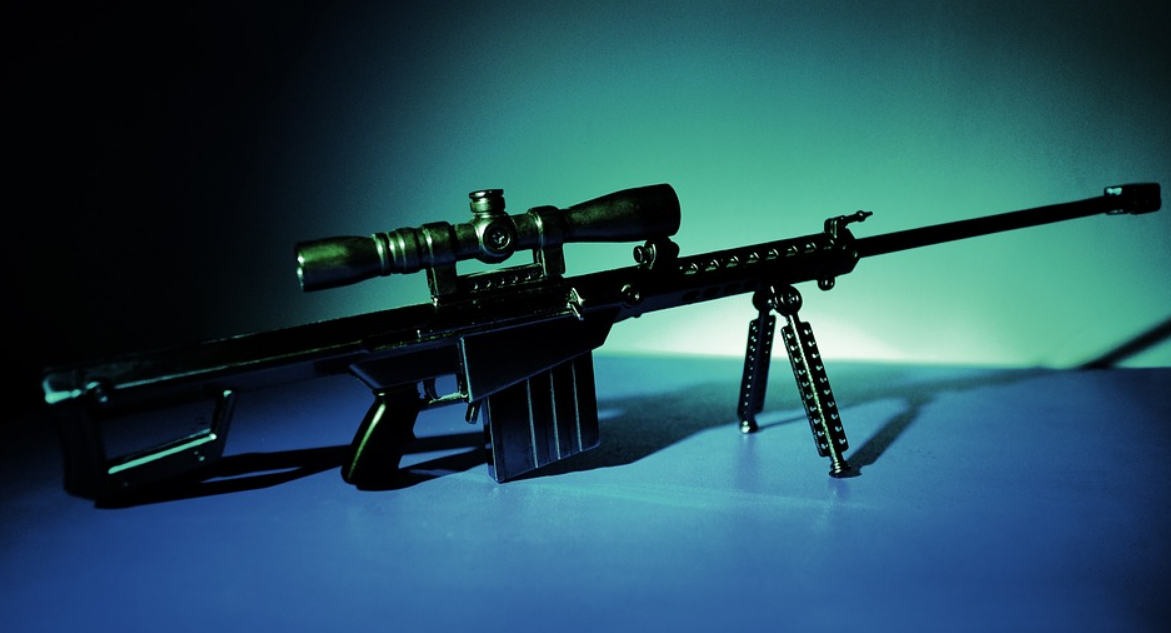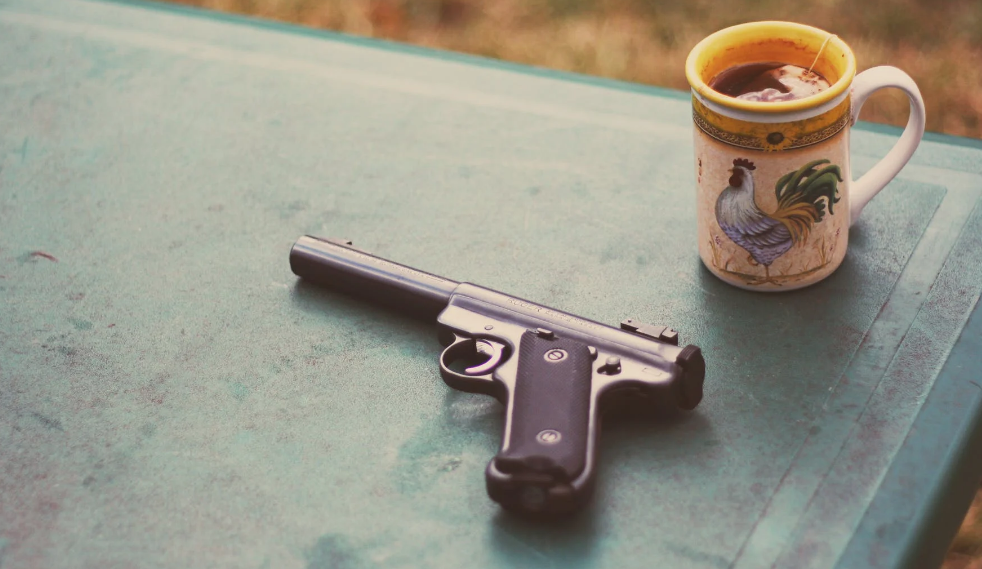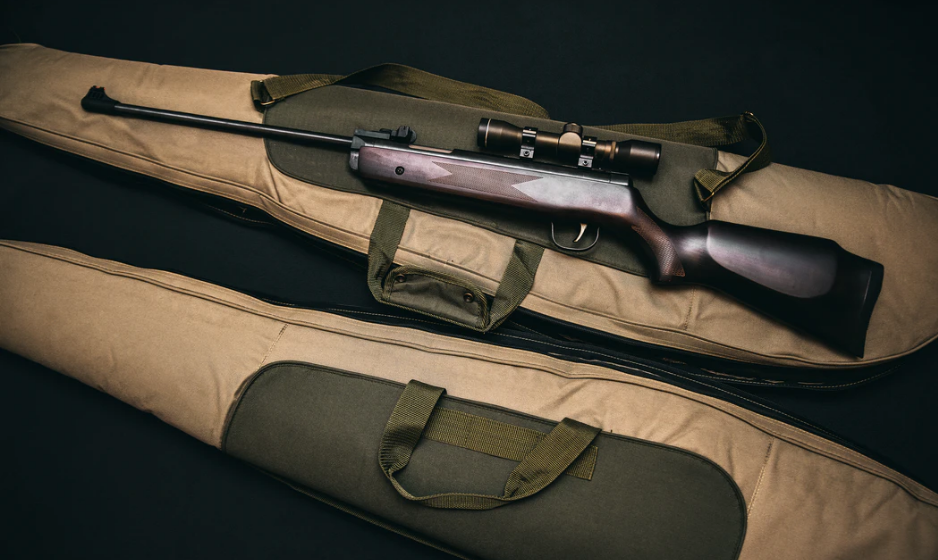Table of Contents
FFL is a license that allows the user or an organization to do business involving the manufacturing or import of weapons and ammo, as well as the intrastate sale of guns. Ever since the implementation of the Gun Law Act of 1968, having an FFL to participate in such operations was a mandatory duty in the U.S. When individuals inquire if they can get an FFL without setting up a business, they usually imply that they can receive an FFL without having an actual location. In other words, a residence-based FFL. The quick answer is yes, however, there are enough people who wonder if they’ll get an FFL for private use without running a business that it really is worth looking into. This blog is to guide you completely on how to get an FFL without a business.
FFLs are only for business use, of one significant exception. To put it another way, you must be actively involved in the business and attempting to profit from your FFL. That’s not to suggest you can’t utilize it for private purposes, but it must be your major focus. Unless, of course, you’re a collector. The ATF seems to have a Curio as well as Relics FFL and C&R division. It is a 03 FFL that can only be used to collect guns that are 50 years and older or select newer guns that are regarded to have collectible value. Here’s a detailed description of the procedure. The short version is that this is a license to register a gun in your name and surplus military guns that have been deemed C&R.
It’s the only FFL that you can receive without having a business, and it’s just for non-commercial collection. It should only be used to establish a personal collection, not to acquire and sell weapons for such a profit doesn’t let you get around the NFA, and it wouldn’t provide you with any special rights other than the opportunity to buy C&R firearms through an FFL, avoiding paperwork or dealership fees for most cases.
Is it not possible to hold an FFL Without even the Storefront?

If you’re wondering when an FFL without a company is a smart method to sell a few weapons from your house or yard part-time, my answer to that is yes! This is a totally valid and well-liked choice. While some places may have regulatory or zoning constraints that prevent residence FFLs, most Americans can simply operate the FFL without a company storefront so much as they don’t even have any local laws or rules against them. You may well have heard a rumor concerning home-based FFLs, like having to sell a particular amount of guns per year, having to invest in expensive fittings or safety systems, or even the ATF having to close home-based FFLs.
The reality is that you will not have to offer a particular quantity of guns, you wouldn’t have to keep up with expensive security devices, as the ATF is constantly issuing FFLs to new residence FFLs. On the other hand, they are strict with persons who only use their FFLs exclusively for private uses and do not actively engage with the business. That’s where reports about the ATF closing down home-based FFLs come from, however, as long as your FFL is genuinely running a company out of your home, you’ll be good.
Is it possible to work as a gunsmith without having a Federal Firearms License (FFL)?
You might be wondering if you need a Federal Firearms License (FFL) to do gunsmithing. “Most often,” is the answer herein. While the ATF (Bureau of Alcohol, Tobacco, Firearms, and Explosives) makes the exception for casual, occasional gunsmithing without the need for an FFL, taking other people’s weapons and working from them without the FFL and the associated paperwork of both the guns they take in just for repair is a terrible idea.
The whole no FFL exception is basically a convenient way to treat people who’ll do things such as attach sights on a pistol without consulting an FFL or fit a barrel to a gun without consulting an FFL. Something else for machinists or woodworkers who occasionally encounter a gun-wielding customer. However, if you are serious about gunsmithing, you must obtain and use an FFL. In most circumstances, a standard 01 FFL will suffice, but if anyone engages with what the FFL deems “manufacturing,” which often entails assembling fully working firearms from parts as well as making certain significant changes (and, based on the day before the week, whether they serve inside the ATF canteen), perhaps, depending on where the ATF’s zen master tells them, small things as well). That means but if you’re going to become a gunsmith, you should get a 07 Manufacturer’s FFL simply to be cautious.
When it comes to gunsmithing, there seem to be a few more reasons to get an FFL. For example, in some areas, practically any temporary exchange of weapons between private individuals now requires a criminal record check. Outside of specific instances such as hunting and at ranges, families, or emergencies, the “global background check” effectively mandates that every transfer – even momentary – be subject to an FFL criminal record check. You don’t need to worry about this if you’re just doing some light gunsmithing and always have an FFL.
What if I don’t have an FFL?

All this talk about background checks, documentation, and FFLs begs the question: could you get a gun without an FFL? That’s a bit of a catch-all topic. Because anyone in the United States who is legally allowed to own guns can acquire one without needing an FFL – after all, and that’s what FFLs are really for to enable a commercial sale of guns. Now, if you’d like to purchase a handgun without passing through an FFL dealer, the answer to that is yes, but only in certain circumstances.
There are 3 primary ways to obtain a firearm and without Federal Firearms License (FFL)

Purchase an antique firearm. This phrase refers to cartridge firearms manufactured before 1898. Those are all classified as “antiques” and therefore do not need a Federal Firearms License (FFL) or a reference check. For most or all of those “antique” categorized guns, some jurisdictions may still demand a background investigation. Various Mauser as well as Mosin Nagant rifle, as well as a large number of revolvers including shotguns, and, of obviously, lever action as well as single-shot rifles, are one of the numerous serviceable but also useful antique guns available. Purchase a muzzleloader in any condition. These are likewise classified as “antique” guns, with the exception that a modern inline muzzleloader being classed about as much as a Civil War rifle.
The techniques and methods on how to get an FFL without a business have been discussed, please comment your suggestions below and share your experience.

